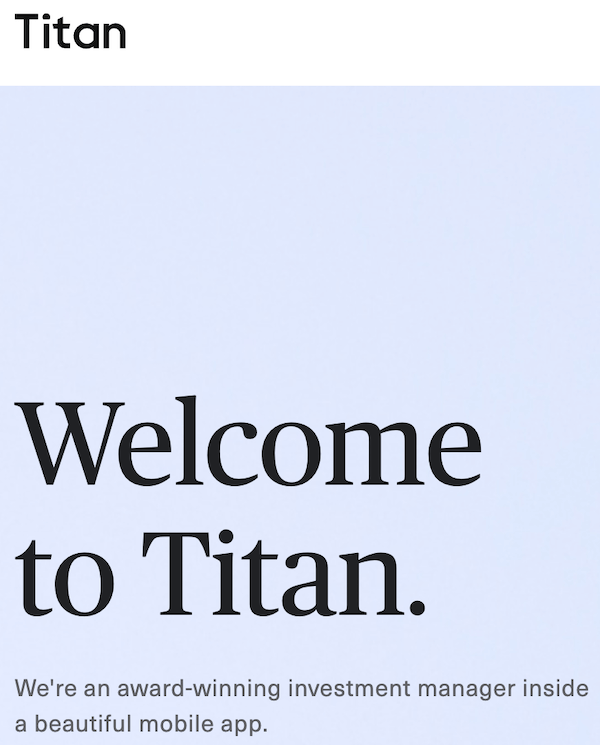[📌 Update December, 2022 – The Betterment High-Yield Cash Reserve account has seen its APY (annual percentage yield) increase by 0.55% APY following the FED’s latest rate hike of 0.50% on December 14th. The account now provides an APY of 3.75%. This is up from 3.20% APY in November. See more details about the account below.]

You may have heard of Betterment before as they were one of the original robo-advisor pioneers.
Today, however, they offer a suite of products beyond robo-advising. In this review, we will be focussing on their Cash Reserve account. This account features an excellent APY as well as expanded FDIC-insurance beyond the traditional $250,000 per depositor that banks and credit unions offer.
Continue reading our review to see if this account is right for you.
Betterment Cash Reserve Rate + Account Details

The Betterment Cash Reserve account is for the most part an online savings account. The main difference is that Betterment is not an actual bank, but rather an investment services company that partners with several FDIC-insured banks to leverage their FDIC insurance. This allows Betterment to provide FDIC insurance on deposits up to $1,000,000 ($2m for joint accounts) rather than the standard 250,000 per depositor.
These banks use demand deposits and money market accounts to hold your funds, but from the consumers’ perspective, you’ll only interact with Betterment.
Betterment partners with 6 banks. These are referred to as their “Program Banks.” If for whatever reason you wish not to partner with any of these institutions you may contact customer service and let them know which one(s) to exclude.
Betterment Bank Partners
| The Bancorp Bank |
| Barclays Bank Delaware |
| Cross River Bank |
| HSBC Bank USA |
| State Street Bank and Trust Company |
| Wells Fargo Bank |
Cash Reserve Rate
This account has no minimum balance requirement to earn the advertised rate and no monthly maintenance fees.
| Min Balance | APY |
| $0 | 3.75% |
To put this yield into perspective the national average for a money market account and a savings account sit at just 0.38% APY and 0.30% APY, respectively, according to FDIC data.
This is a variable rate that can change at any time without notice.
Interest is paid monthly – generally the first business day of each month unless it is a bank holiday.
Managing your Account
Betterment has apps for both IOS and Android where they score a 4.7 stars out of 5 and 4.5 stars out of 5, respectively.
Moving money around is very easy and straightforward with either of their apps. There are no limits on how often you can send or receive money, and zero fees to do so. You can withdraw funds in just 1–2 business days.
If you already have (or choose to open) the Betterment checking account to go along with the Cash Reserve, you would be able to withdraw cash from any ATM worldwide without incurring a fee. Betterment reimburses all ATM fees worldwide on its checking account.
If you only have the Cash Reserve account the only way to transfer funds is by using an online transfer through the app or website to a linked checking account.
Mobile check deposit is only available with the checking account and you must be a customer for a minimum of 30 days with a monthly direct deposit set up of $500 or more.
Final Thoughts
If you’re in the market for a high yield then the Betterment Cash Reserve account is a solid option as it has no minimum deposit or balance requirements and pays out a generous APY of 3.75% with expanded FDIC coverage of $1m.
That said, there are now some online banks and credit unions paying over the 4.00% APY mark for online savings accounts, however these only come with the standard $250,000 FDIC coverage.





